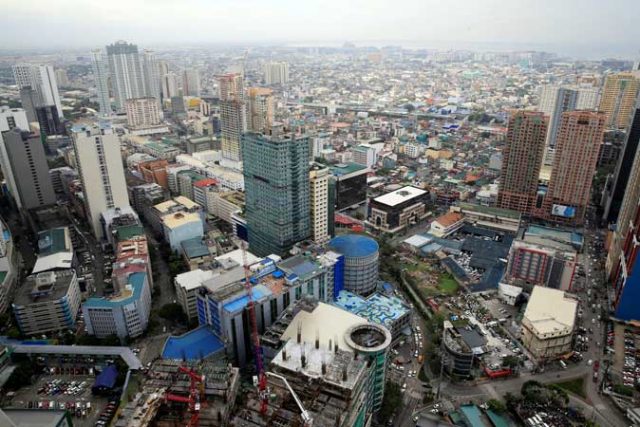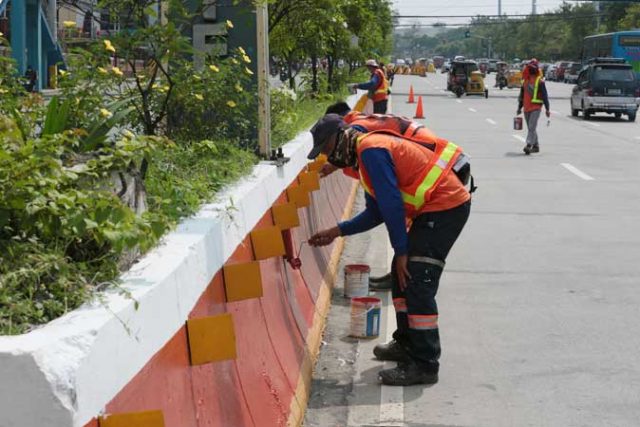Toyota’s HEVs offer more sustainable automotive choices for Filipinos
Finely bundling efficient energy use and reliable performance, hybrid cars are starting to open the opportunity for a more sustainable future of mobility.
Toyota Motor Philippines (TMP), a pioneer of vehicle electrification in the country, is maximizing such opportunity by giving Filipinos broader and more sustainable car choices through its hybrid electric vehicles (HEVs).
“It’s the car technology for the future, readily available and perfectly functioning today,” Elijah Marcial, vice-president for marketing services at TMP, said. “No need for additional electric infrastructure or special roads. We can already make a difference for the environment and the way we look at transportation right now.”
Toyota’s lineup of hybrid vehicles currently consists of the Prius, Corolla Altis, and Corolla Cross.
Launched in 2009, the Prius has become the leading symbol for energy-efficient and more environment-friendly hybrid cars. The HEV variant of the long-running and highly popular Corolla Altis, unveiled in 2019, further introduced hybrid technology to a broader audience. With its sleek and sophisticated styling that appeals to urban dwellers and professionals, it is a fitting choice for a hybrid sedan.
This was followed by the brand’s first hybrid crossover in the local market, the Corolla Cross, launched just last year. This model is the current best-seller among the HEVs due to its appeal as a bigger, more spacious car with an SUV form, design, and versatility.
As HEVs, these models combine an efficient conventional gasoline engine with a powerful electric motor. These power sources seamlessly work together to maximize driving performance while minimizing emissions and fuel consumption.
“With its conventional fuel engine complemented by a self-charging battery that stores electric power as one drives the car, fewer trips to the gas station will surely be observed,” Ms.Marcial said.
Also, the self-generating electric motors remove the need to plug into outlets to store electricity from non-renewal energy sources. They also make very little noise while running, allowing for a calmer and quieter drive.
With reduced fuel consumption in using Toyota HEVs comes less carbon emissions when the electric motor is in use. This can contribute to the improvement of air quality and so makes one’s driving better for the environment.
“Overall, there is added pleasure in driving knowing that you save money, save energy, while helping save the Earth,” Ms.Marcial said.
Beyond the HEV system, the Corolla HEVs also carry Toyota’s latest automotive technological and engineering advancements. The Toyota New Global Architecture significantly improves movement, handling, and overall driving experience; while Toyota Safety Sense ensures safety on the road with technology-driven driver and passenger safety features.
In addition, Toyota’s HEVs do not require special maintenance as they can be kept running smoothly through the regular periodic maintenance service. “Toyota’s network of dealerships all over the country are actually trained and equipped to look after our customers’ HEVs as they would their conventional engine Toyota cars,” Ms.Marcial said.
The rollout of these vehicles is driven by the brand’s environmental road map, the Toyota Environmental Challenge. Globally, Toyota is also mastering other xEV technologies like Plug-In Hybrid Electric Vehicles and hydrogen-powered Fuel Cell Vehicles.
For more information about Toyota’s HEVs, visit toyota.com.ph/hybrid.
Join us on Viber to get more updates from BusinessWorld: https://bit.ly/3hv6bLA


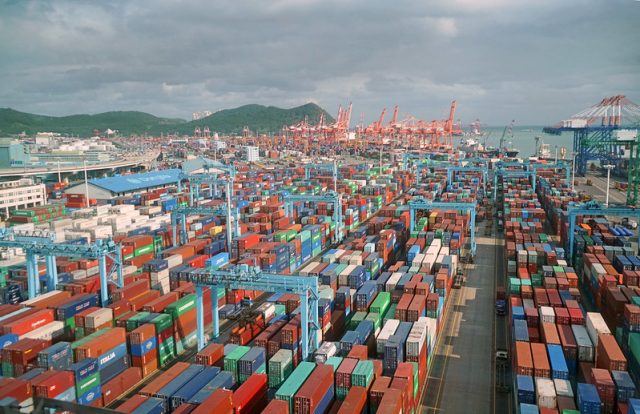


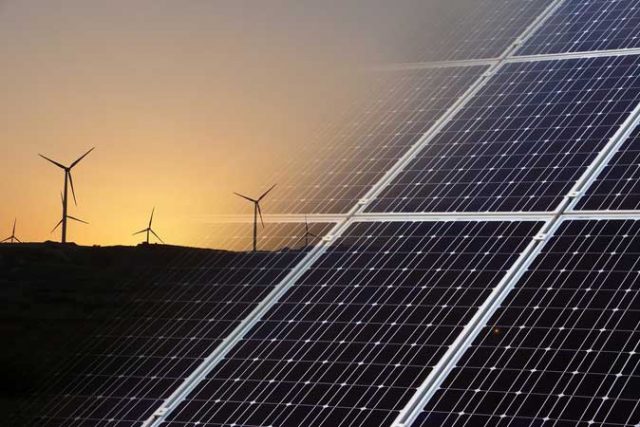
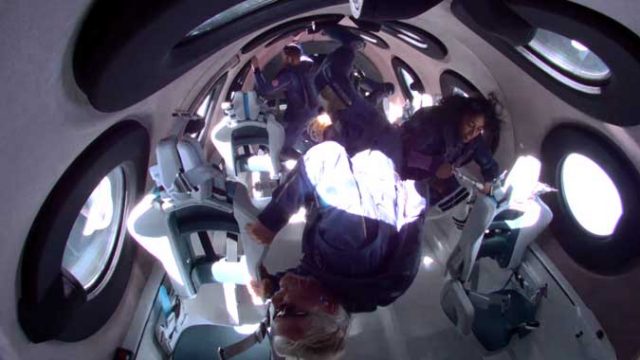
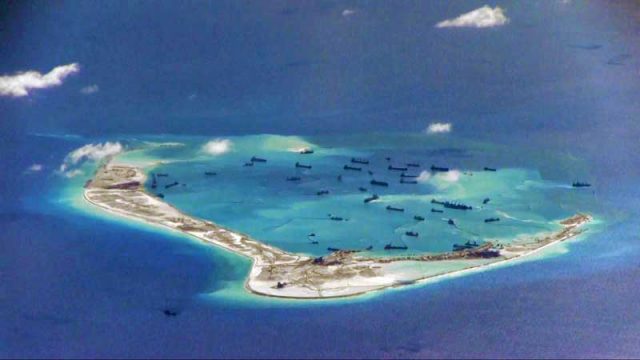
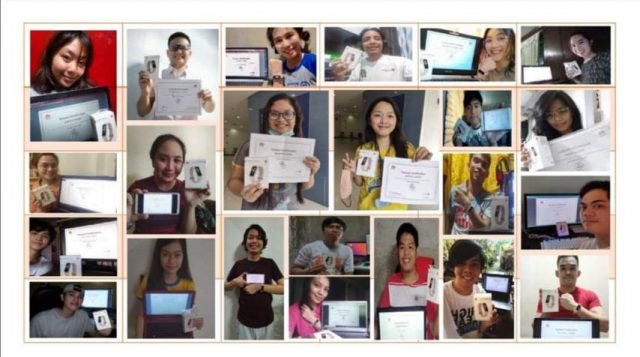

 By Marivic C. Españo
By Marivic C. Españo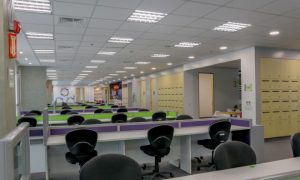
 Even amidst the pandemic, most of our staff were working from home, we continued to enable our clients’ business continuity and meet the demands of their dynamic operating environment through our digital innovations.
Even amidst the pandemic, most of our staff were working from home, we continued to enable our clients’ business continuity and meet the demands of their dynamic operating environment through our digital innovations.